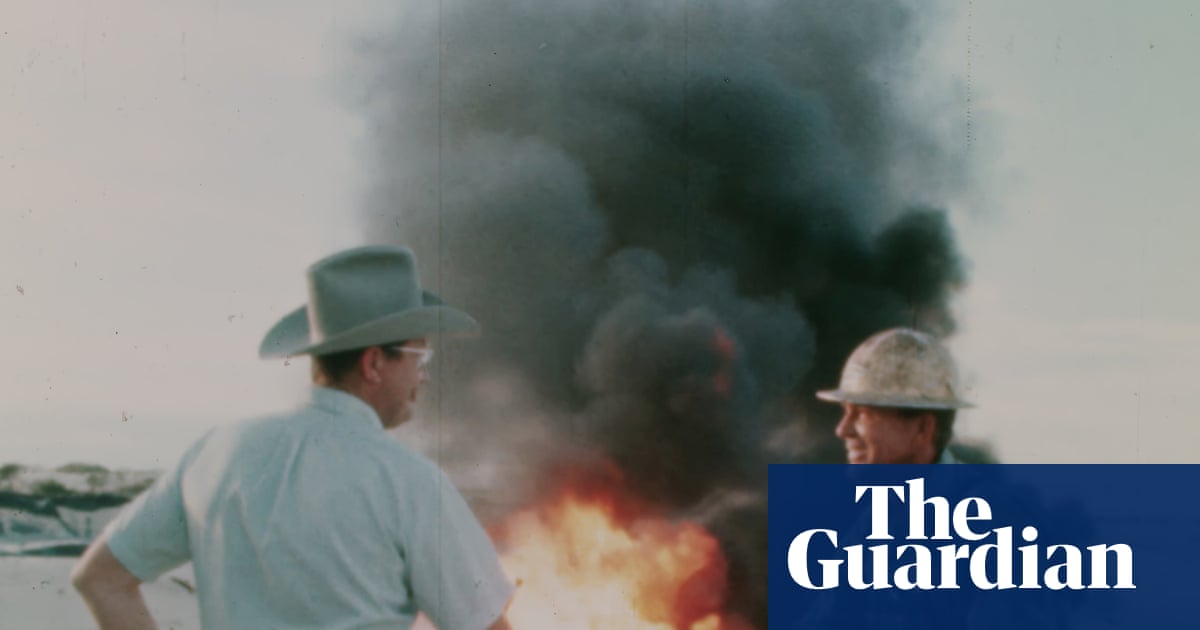
"In 1988, the United States entered into its worst drought since the Dust Bowl. Crops withered in fields nationwide, part of an estimated $60bn in damage ($160bn in 2025). Dust storms swept the midwest and northern Great Plains. Cities instituted water restrictions. That summer, unrelentingly hot temperatures killed between 5,000 and 10,000 people, and Yellowstone national park suffered the worst wildfire in its history."
"Amid the disaster, George HW Bush, then Ronald Reagan's vice-president, met with farmers in Michigan reeling from crop losses. Bush, the Republican candidate for president, consoled them: if elected, he would be the environmental president. He acknowledged the reality of intensifying heatwaves the greenhouse effect, to use the scientific parlance of the day with blunt clarity: the burning of fossil fuels contributed excess carbon dioxide to the atmosphere, leading to global warming."
"That clip startling to anyone even glancingly familiar with Republican orthodoxy in the years since appears early in The White House Effect, a new all-archival documentary that examines the evolution of the climate crisis from non-partisan reality to divisive political issue. The 96-minute film, now available on Netflix, takes its name from Bush's unfulfilled guarantee of environmental action during his four years as president, a pivotal missed opportunity if not, as the film implicitly argues, the pivotal missed opportunity for bipartisan US leadership on the climate crisis."
In 1988 the United States experienced its worst drought since the Dust Bowl, causing widespread crop failures, dust storms across the Midwest and northern Great Plains, municipal water restrictions, and an estimated $60bn in damage (equivalent to $160bn in 2025). Unrelenting heat that summer killed between 5,000 and 10,000 people and contributed to Yellowstone National Park suffering the worst wildfire in its history. George H.W. Bush publicly acknowledged that burning fossil fuels increased atmospheric carbon dioxide, causing global warming, and promised an environmental agenda he called the White House Effect to curb emissions. That pledge was not fulfilled during his presidency, representing a missed chance for bipartisan US climate leadership. An all-archival documentary titled The White House Effect documents that period and frames Bush's promise as a pivotal missed opportunity in the politicization of the climate crisis.
Read at www.theguardian.com
Unable to calculate read time
Collection
[
|
...
]